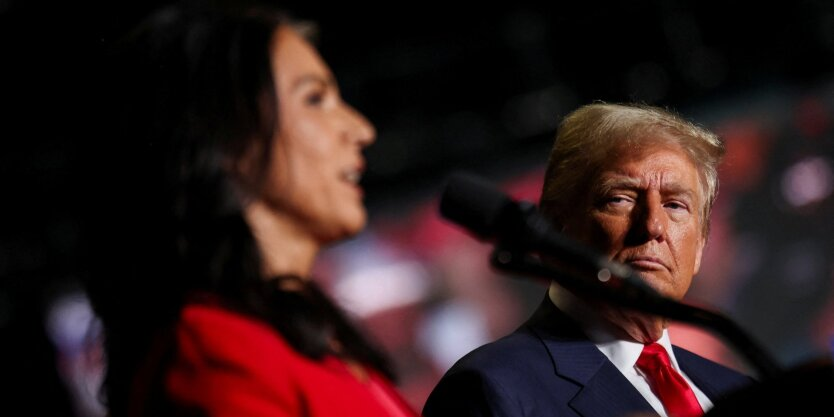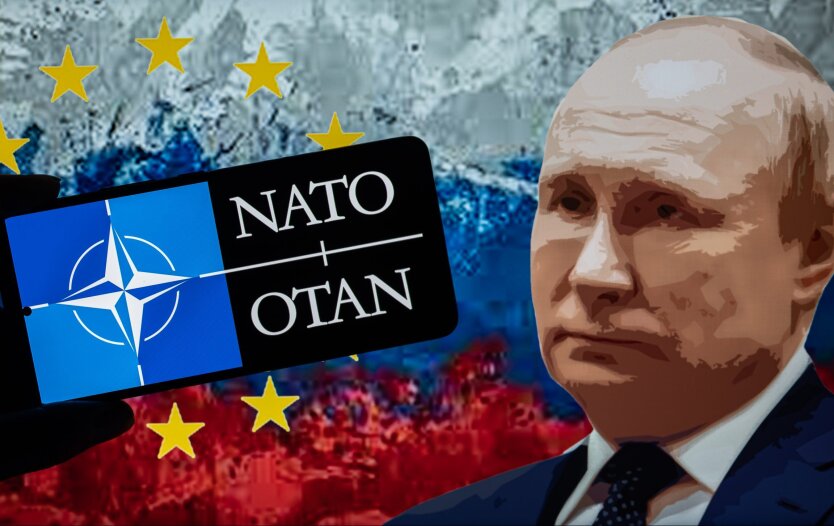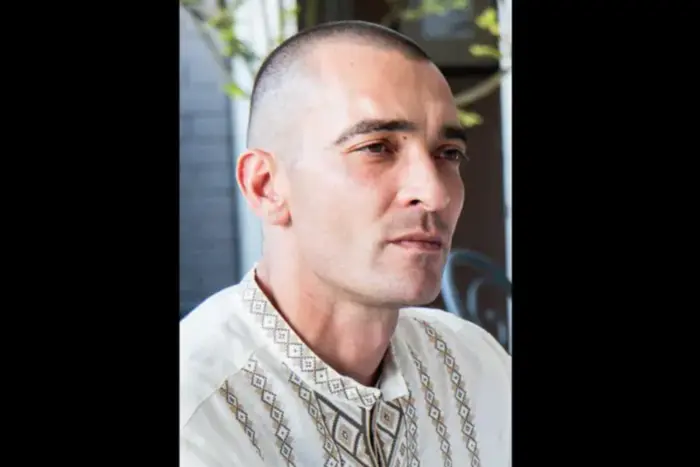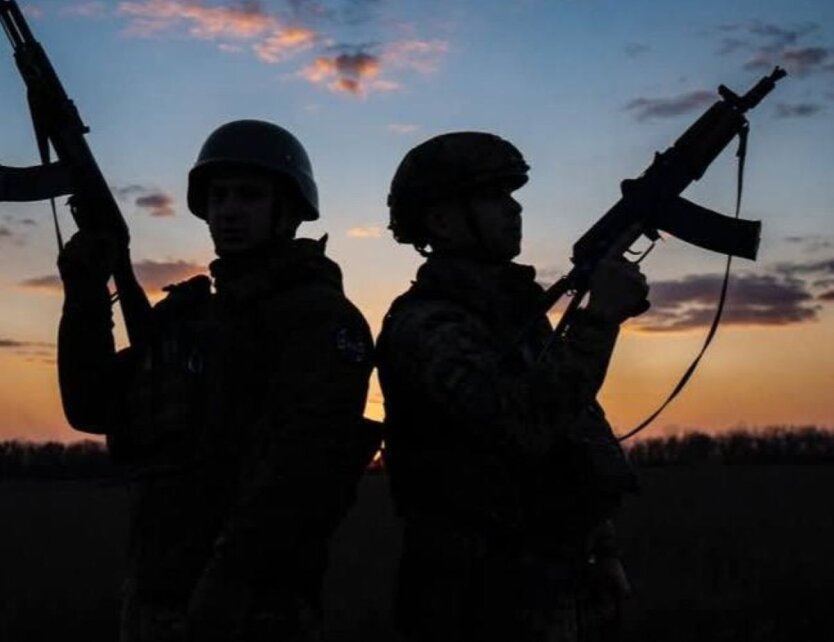Trump Wants to Appoint Controversial Tulsi Gabbard as Head of Intelligence: 'Kremlin Agent' Who Claimed About 'Bio Labs in Ukraine'.


U.S. President Donald Trump intends to appoint Tulsi Gabbard, a former congresswoman from the Democratic Party, as the head of U.S. intelligence.
This decision has sparked significant controversy due to the candidate's open pro-Russian stance and her critical view of NATO's policy towards Ukraine.
Gabbard, who represented Hawaii, later left the Democratic Party and supported Republican Trump. Her position on the war in Ukraine has repeatedly aligned with Kremlin propaganda. In particular, on the first day of the Russian invasion, Gabbard stated that military action could have been avoided if the Biden administration and NATO acknowledged Russia's 'legitimate security concerns.'
The Ukrainian Center for Counteracting Disinformation accused Gabbard of receiving funds from the Kremlin to spread misinformation. Although no specific evidence was presented, she was added to the database of the 'Peacemaker' website alongside other individuals deemed 'accomplices of Russia' in Ukraine.
Gabbard claimed the existence of over 25 U.S.-funded laboratories that allegedly pose a threat of spreading deadly pathogens. These statements drew sharp criticism, including from Senator Mitt Romney.
Experts predict a possible change in U.S. policy towards supporting Ukraine and a potential 'freezing' of the conflict. There is a likelihood of reaching a peace agreement that would stipulate Ukraine's neutral status and a de facto renunciation of NATO membership prospects.
Analysts estimate that such an agreement could find support among some European leaders and even parts of the Ukrainian government. However, this would mean significant concessions to Russia and could undermine trust in Western security guarantees.
Gabbard has a controversial history of relations with authoritarian regimes. She made a secret trip to Syria to meet with Bashar Assad, who is supported by the Kremlin. Former Secretary of State Hillary Clinton previously called her a 'Russian asset.'
A potential peace agreement might lead to the end of active hostilities, but at the cost of territorial losses for Ukraine and limitations on its sovereignty in choosing its foreign policy course. Such a development could have long-term consequences for the international order and the system of collective security in Europe.
Read also
- Trump threatens to withdraw subsidies from Musk and consider his deportation: why the conflict has flared up again
- Strike on occupied Donetsk and Luhansk: Main news of the night
- The whole world laughs at Trump. The legendary hockey player reacted to the shelling of Ukraine by Russia










